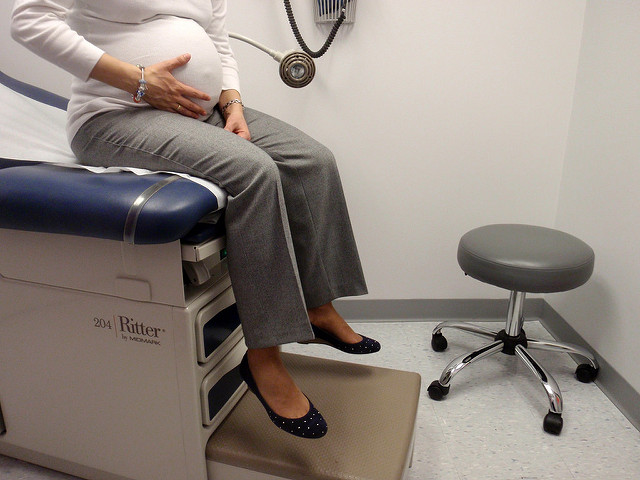Reflections on reactions to the [Nuffield] Council’s report on NIPT
By Catherine Joynson,
Nuffield Blog
| 03. 09. 2017
The Nuffield Council on Bioethics’ report on non-invasive prenatal testing (NIPT) was published last week, with a launch event in the House of Commons. The event itself was full of emotion, reflecting the real and important impact that NIPT and prenatal testing can have on people’s lives. The report has also elicited a number of other reactions. Having spent the last 12 months or so talking to a wide range of people and organisations with an interest in NIPT, this does not surprise me. As we didn’t have time to answer every question at the event, this article attempts to continue the conversation, respond to some of the specific comments that have been aired, and describe how we came to our conclusions and recommendations.
Too restrictive or too permissive?
Some groups have commented that our conclusions are too restrictive, particularly in relation to our recommendation that NIPT should only be used to test for significant medical conditions or impairments (with some exceptions). Others believe that they are too permissive, for example that we have missed the opportunity to support campaigns to...
Related Articles
By Tamsin Metelerkamp, Daily Maverick | 11.18.2024
The National Health Research Ethics Council (NHREC) has confirmed that heritable human genome editing (HHGE) remains illegal in South Africa, after changes in the latest version of the South African Ethics in Health Research Guidelines sparked concern among researchers that...
By Bernice Lottering, Gene Online | 11.08.2024
South Africa’s updated health-research ethics guidelines, which now include heritable human genome editing, have sparked concern among scientists. The revisions, made in May but only recently gaining attention, outline protocols for modifying genetic material in sperm, eggs, or embryos—changes that...
By Arwa Mahdawi, The Guardian | 11.19.2024
Photo "Elon Musk Presenting Tesla's Fully Autonomous Future" by Steve Jurvetson on Flickr (CC BY-NC-SA 2.0)
Is Elon Musk the dinner party guest from hell? It sure seems that way. Not only is the man desperate for people to...
By Ewan Bolton, The Telegraph | 11.12.2024
Fertility agencies offering embryo selection for IVF and surrogacy have been accused of promoting eugenics and misleading consumers about the power of genetic screening.
Some American clinics claim they can “rank” embryos for IVF using Preimplantation Genetic Testing for Polygenic...




